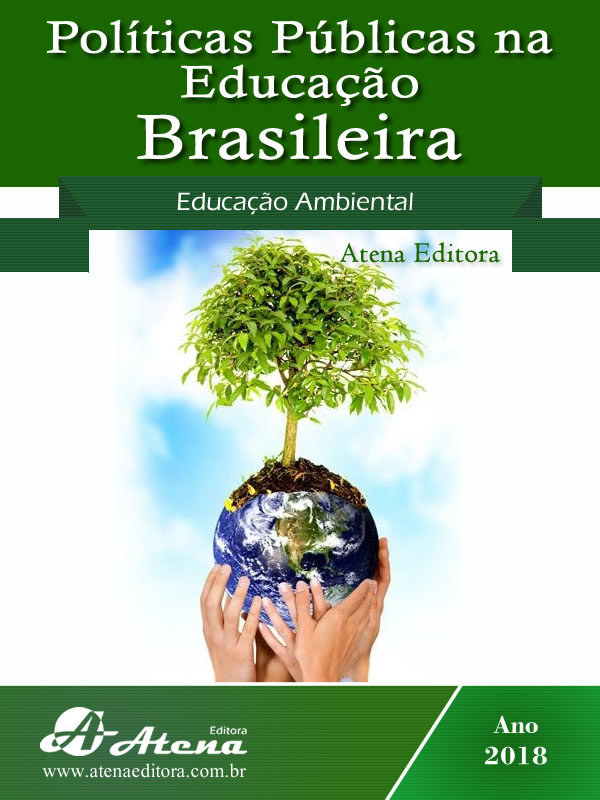
SABÃO ECOLÓGICO: UMA PROPOSTA DE EDUCAÇÃO AMBIENTAL E SUSTENTABILIDADE NO AMBIENTE ESCOLAR
Diariamente, os resíduos de óleo de cozinha são descartados pelos lares,
indústrias e comércios alimentícios no lixo comum de forma inadequada. Reverter
essa situação traz grandes benefícios no que diz respeito à degradação ambiental,
evitando problemas no sistema de tratamento de água e esgotos. Assim, o objetivo
desse trabalho foi sensibilizar os alunos do Ensino Fundamental II da Escola Estadual
de Ensino Fundamental e Médio Professora Antônia Rangel de Farias, sobre o
destino do resíduo do óleo de cozinha e a possibilidade de reutilizá-lo como sabão, a
fim de promover a educação ambiental. Inicialmente, foram realizadas intervenções
com alunos de vários anos do ensino fundamental, a fim de sensibilizá-los acerca
dos danos causados ao meio ambiente em consequência do descarte. Os resultados
obtidos foram que em relação ao consumo do óleo de cozinha, 50% dos alunos
afirmaram consumir uma média mensal de 1 à 2 litros de óleo, seguidos de 22% dos
alunos que afirmaram consumir a média mensal de 2 à 4 litros de óleo. Apenas 28%
dos alunos reutilizavam o óleo como matéria-prima para a produção de outros
materiais, inclusive para fabricação de sabão ecológico. Sendo assim faz-se
necessário sensibilizar os estudantes para que os mesmos possam se tornar agentes
atuantes nos processos relacionados com o meio ambiente. Atuar com a temática
ambiental exige olhares mais atentos a princípios e orientações gerais, além de se
constituir num processo de engajamento social, político, cultural e ético.
SABÃO ECOLÓGICO: UMA PROPOSTA DE EDUCAÇÃO AMBIENTAL E SUSTENTABILIDADE NO AMBIENTE ESCOLAR
-
DOI: Atena
-
Palavras-chave: Sabão Ecológico. Óleo de cozinha. Educação Ambiental
-
Keywords: Ecological Soap. Kitchen oil. Environmental education.
-
Abstract:
Every day, cooking oil waste is discarded by households, industries and
food businesses in the common garbage inappropriately. Reversing this situation
brings great benefits in terms of environmental degradation, avoiding problems in the
water treatment and sewage system. Thus, the objective of this work was to sensitize
the students of Elementary School II of the State School of Elementary and Middle
School Professor Antônia Rangel de Farias, on the destination of the residue of
cooking oil and the possibility of reusing it as soap, in order to promote environmental
education. Initially, interventions were carried out with students of several years of
elementary school, in order to sensitize them about the damages caused to the
environment as a consequence of the discard. The results obtained were that in
relation to the consumption of cooking oil, 50% of students stated that they consume
a monthly average of 1 to 2 liters of oil, followed by 22% of students who stated that
they consume the monthly average of 2 to 4 liters of oil. Only 28% of the students
reused the oil as raw material for the production of other materials, including for the
production of ecological soap. Therefore, it is necessary to sensitize students so that
they can become active agents in the processes related to the environment. Acting
on the environmental theme requires more careful attention to general principles and
guidelines, as well as being a process of social, political, cultural and ethical
engagement.
-
Número de páginas: 15
- Thayz Rodrigues Enedino
- Cássio José Barbosa de Souza
- Laura Fernanda Costa Vasconcelos
- Eliete Lima de Paula Zárate
- Maria de Fátima Camarotti


